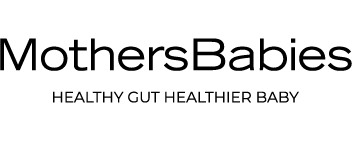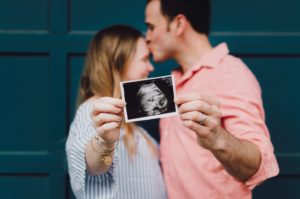The Science
At MothersBabies, we commission and fund research and studies into the exciting new frontier of health and medicine – the gut microbiome.
Meet the experts
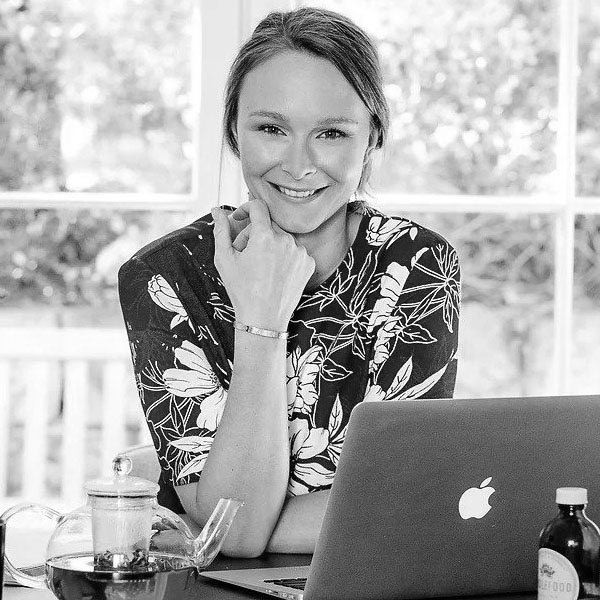
Brittany Darling
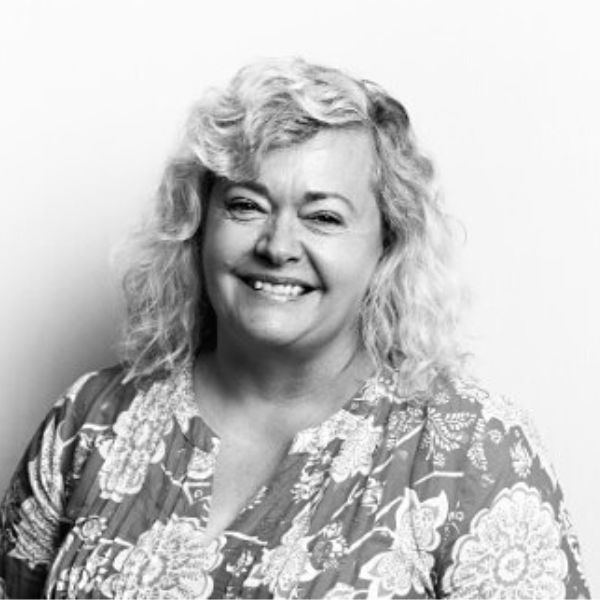
Professor Hannah Dahlan
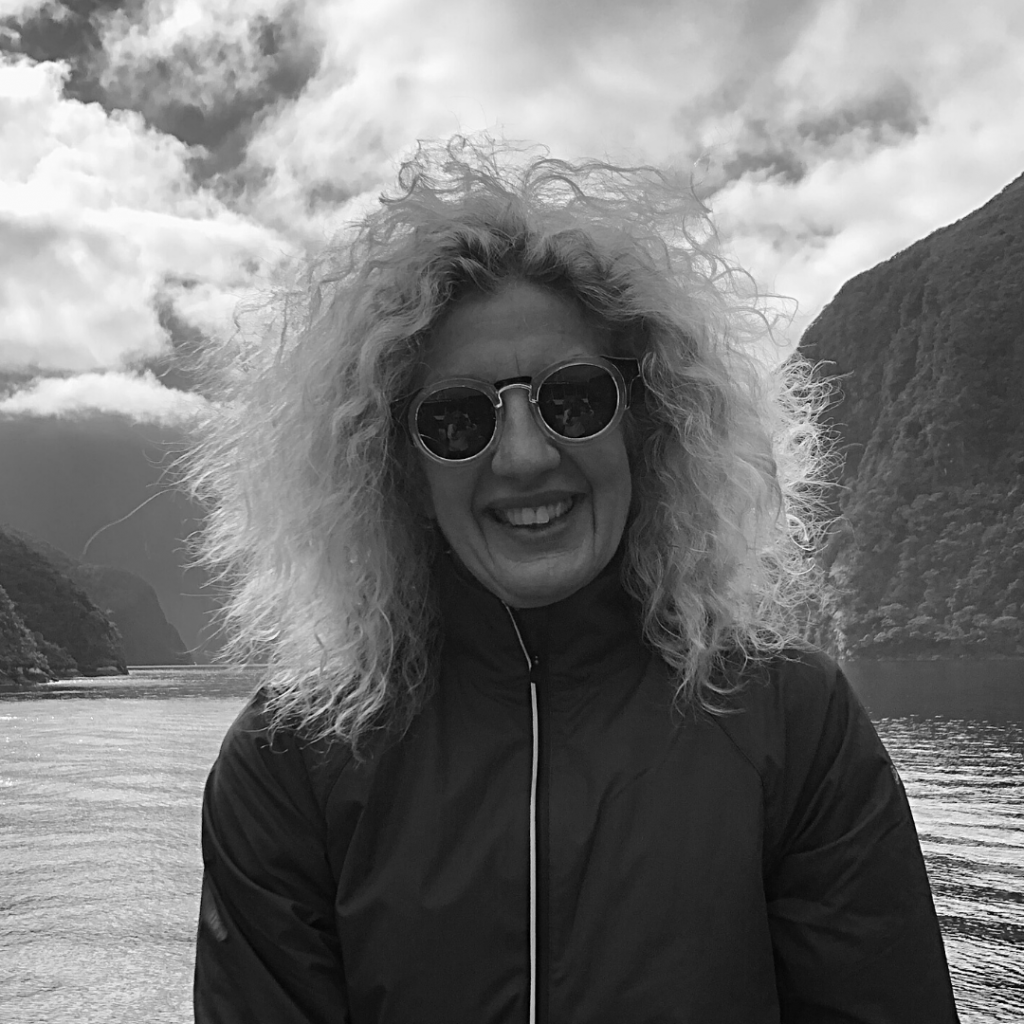
Dr Kirsten Palmer
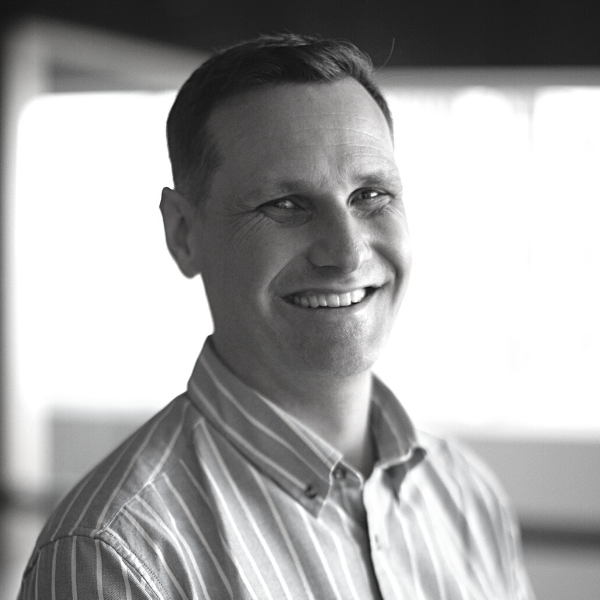
Dr Steven Leach
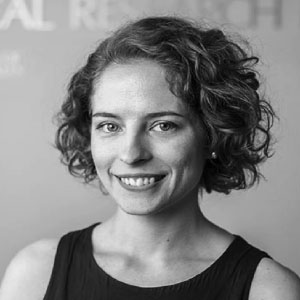
Dr Dani Susic

Elle Halliwell
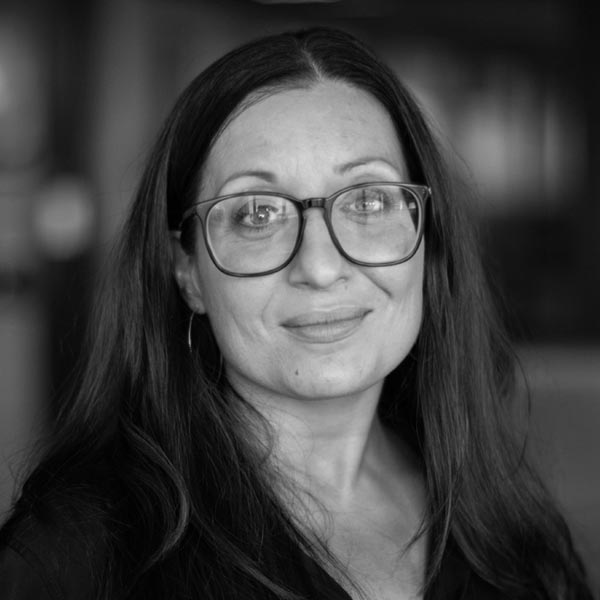
Leah Hechtman
Leah is an experienced and respected clinician who specialises in fertility, infertility and pregnancy care. Her primary passion is her clinical practice where she is inspired and humbled by her patients. She loves supporting people to reach their individual health goals and improve their quality of life.
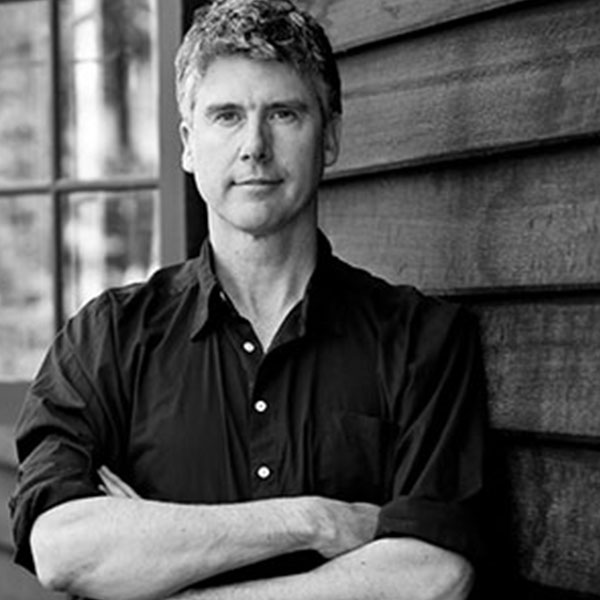
Matthew Evans
Matthew Evans is a chef and food critic turned farmer-food activist. Matthew has authored and co-authored 13 books on food and nutrition and is regularly interviewed on the radio about all things to do with farming, growing, soil, nutrition and eating.
Meet the presenters
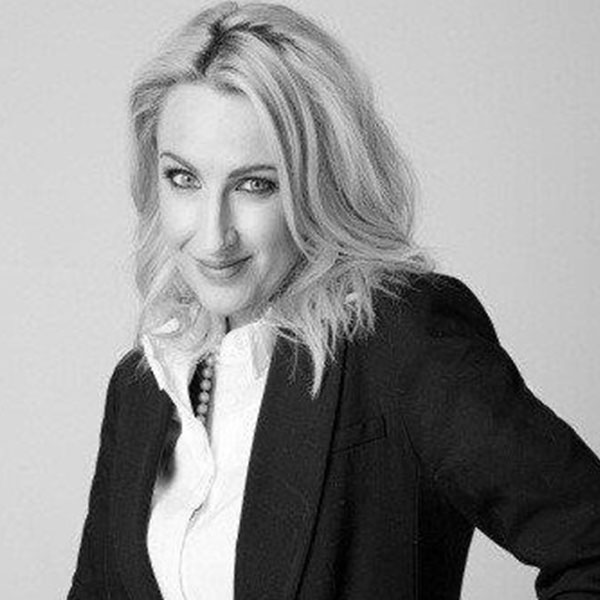
Kristy McSweeney

Elle Halliwell
Watch two panel discussions with our experts
The below videos are from a round table discussion held recently where experts in the field share important information about guy health and microbiome science.
PART 1
Learn about the microbiome and the important impact it has on the health of your baby.
PART 2
As the round table continues, we hear about what you can do to make the biggest impact.
Watch individual interviews with the experts
DR DANI SUSIC – OBSTETRICIAN, GYNAECOLOGIST & MICROBIOME RESEARCHER
In this interview, Dr Susic talks about research in the microbiome field and what women can do to optimise the microbiome of their baby.
DR STEVEN LEACH – PAEDIATRIC IMMUNOBIOLOGIST
Steven discusses how a newborn baby’s microbiome ‘teaches’ it’s immune system for lifetime protection against inflammation and disease. He also talks about the importance of things like breastfeeding to support your baby’s microbiome.
LEAH HECHTMAN – NATUROPATH & NATURAL FERTILITY EXPERT
Leah speaks about what couples can do to optimise their microbiomes for fertility and baby health.
MATTHEW EVANS – FARMER, BROADCASTER & FOOD COMMENTATOR
Watch to hear Matthew speak about the importance of soil and bringing things back to basics to optimise your microbiome.
BRITTANY DARLING – NUTRITIONIST, HERBALIST & FERTILITY CONSULTANT
In this interview Brittany talks about the importance of diet and nutrition on the microbiome and what advice she gives her clients wanting to improve fertility.
Learn valuable and educational information from our experts about the science behind a healthy future for both mothers and babies.
Some simple statistics demonstrate the magnitude of the problem
In 2016 it was 8.6%, up from an average of 7%
Food allergies affect 1:20 in children
Asthma affects 1:9 Australians
7.8% diagnosed in 2003, 9.5% in 2007, 11% in 2011
2.46% of children aged 10-14
1:4 children and 2:3 adults and increasing
Anxiety 1:4 and depression 1:7 in adults
Explore our topics
1. I want the power to decide
2. I am curious about my fertility
3. I’m interested in my gut health
‘I decide to learn about the importance of my gut health and my microbiome on the fertility journey to ‘maybe-a-baby’
4. I am planning on having a baby
5. I want a powerful pregnancy
‘I acknowledge my power in my pregnancy’
6. I’m thinking about my birth plan
7. My newborn and breastfeeding
8. Introducing solids
9. Looking after me
10. Looking after our family

Groundbreaking research on the microbiome in mothers and babies
Imagine, if by better understanding the way your body works, you could avoid many diseases that are becoming increasingly common in women and newborn babies. Diseases such as:
The most common serious medical disorder of human pregnancy. Particularly in their first pregnancy, pregnant women can suffer from high blood pressure, kidney dysfunction leading to leakage of protein into the urine, swelling of hands, feet and face, and, in severe cases, dizziness, headaches and difficulties with vision.
Source: The Royal Women’s Hospital
Gestational diabetes is characterised by glucose intolerance of varying severity that develops or is first recognised during pregnancy, mostly in the second or third trimester. It usually resolves after the baby is born, but can recur in later pregnancies and significantly increases the risk of developing type 2 diabetes in later life, both for the mother and the baby.
A baby born before the 37th week is known as a premature or pre-term baby. Medical advances have meant that more than 9 out of 10 premature babies survive, and most go on to develop normally. In Australia, almost 1 in every 10 babies is born prematurely. Most Australian premature babies are born between 32 and 36 weeks and don’t have any serious long-term problems.
Source: Pregnancy, Birth & Baby
Asthma is a long-term lung condition of the airways (the passage that transports air into our lungs). At the moment, there is no cure, but it can be managed. About half of Australian women with asthma find their asthma gets a bit worse during pregnancy, often between 17 and 36 weeks gestation.
Source: Asthma Australia
Research suggests links between autism and factors in pregnancy such as:
• The Mother’s diet.
• The medicines she takes.
• Mental health.
• Immunity.
• Metabolic conditions, such as preeclampsia and gestational diabetes.
Source: Spectrum News
An irritation of the skin, causing redness, itching, and sometimes infections. Research suggests that inherited factors increase the likelihood of eczema. Up to 30% of infants with eczema, or with a family history of allergy, will develop food allergy, and up to 40% develop asthma and/or hay fever.
Source: Australasian Society of Clinical Immunology and Allergy
At MothersBabies, we commission and fund research and studies into the exciting new frontier of health and medicine – the gut microbiome.

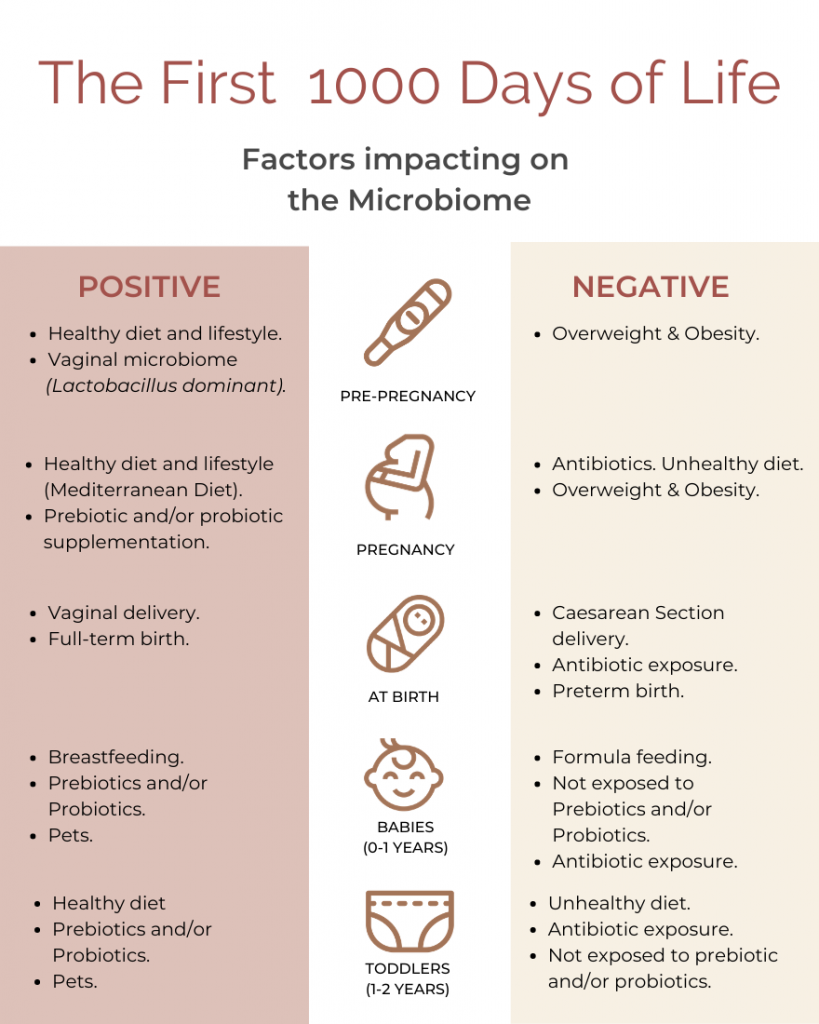
We see gut health in pre-pregnancy, and the first 1000 days from getting pregnant, as a wonderful opportunity to give your baby the best start in life.
From conception to pregnancy, birth and the first couple of years (the first ‘1,000 days’), the trillions of bacteria, viruses, yeasts and fungi to which your baby is exposed, in and outside the womb, can contribute to health or illness.
Difficulty conceiving, miscarriage, premature birth, childhood ailments such as eczema and allergy can all be related to dysbiosis (typified by an imbalance in the microbial community).
In fact, microbes have an important role in the programming and education of, for example, your baby’s immune system and metabolism. And while it’s hard to imagine, their journey into adulthood may also encounter such issues as obesity, diabetes and cardiovascular disease as a consequence of their early life microbial exposure and programming. Mothers too may face complications such as preeclampsia and gestational diabetes.
Get involved
There are many ways you can get involved in changing the health future of mothers and their babies.

